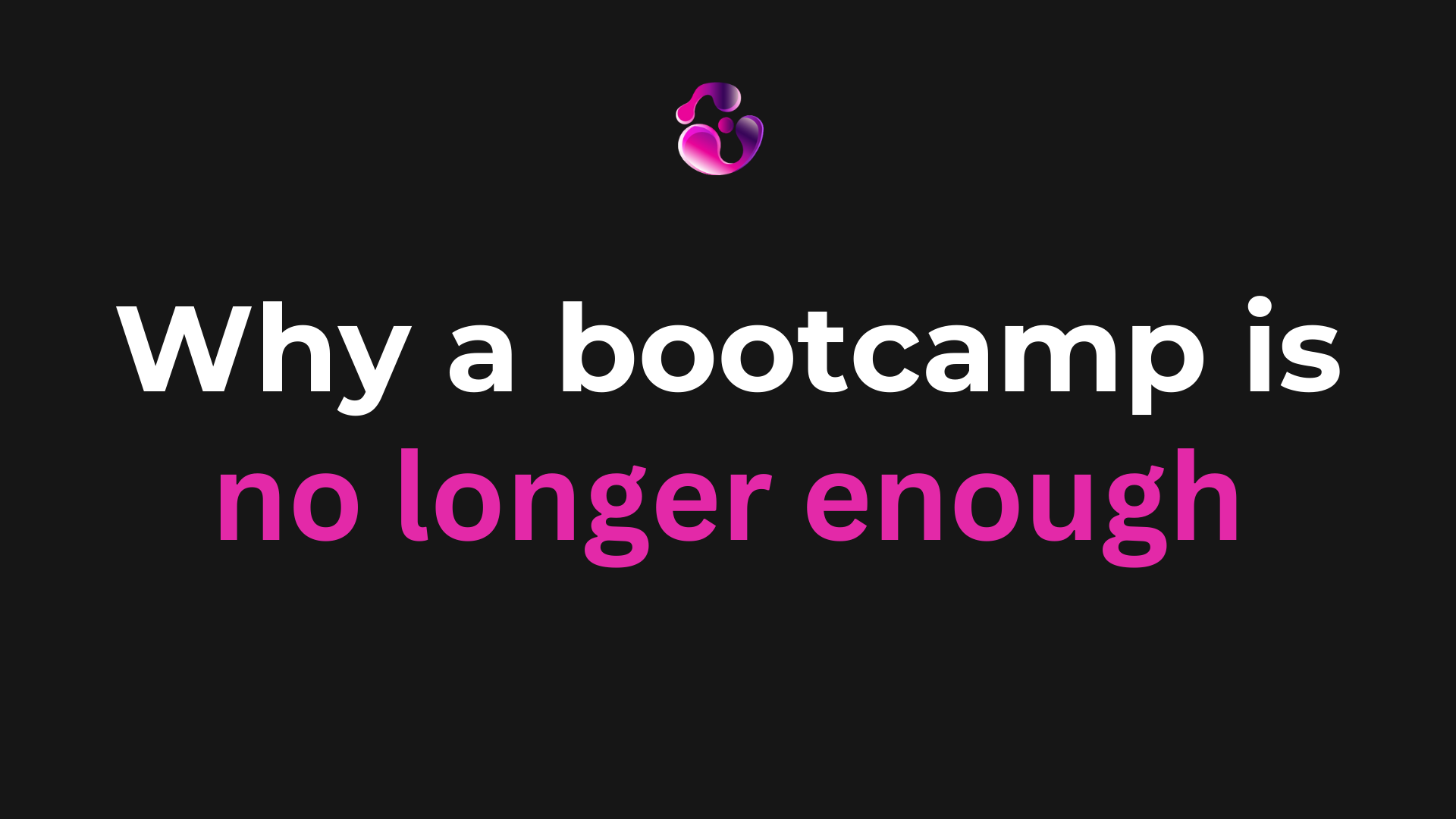
Let's be honest, most of the people that start in the IT industry go the programming path because it's one of the main branches that includes USD payments & flexible/remote schedule, not to mention that being able to work remotely allows you to do your job form anywhere in the world. And they're not wrong by choosing this path.
However, with the current trends (and also layoffs), most of the companies have increased their own filters in order to hire developers. And they're also not wrong by going this way either.
Back when the pandemic started, there was an unsatisfied need for developers so that the companies could meet their tech demands, and it was right then where they (usually) overhired devs to complete their requirements as quick as possible. Afterall, nobody knew what was gonna happen in the near future.
It's been a while since the pandemic has ended and companies are trying to go back to “normal”. But what is normal though? Let's tear it down into items:
- On-site (or hybrid) work.
- Periodic on-call rotations. There's been a considerable amount of fellow developers who mentioned me that they now have to work during weekends in case their product goes down.
- Overtimes. They'll always expect overtime.
Those are just one of the many examples as it varies, it's true that it really depends on the company culture (which is something you should also be looking for when applying for a position) - but each and every one of them have their own pros/cons.
When you add their education/work expecations to the formula, it is there where things get complicated. Making a bookcamp of 180 hours and showcasing the same project that other 500 persons have, is not enough anymore to join those companies.
I cannot count the times that I've received the same portfolio from people that came from the exact same bootcamp. Even the linting was identical. I ran a couple of diff checkers on those repos and the only thing that was different was the candidate's name. That's all.
I've never been a FAANG developer myself, nor had the interest to participate in one. Been mostly on startups and medium-sized companies and as a Sr. dev and Tech Lead, I had to conduct the interviews. Most of the candidates would answer the questions around the same, and most of them were right on the theorical part, but when it comes to making themselves look different than the rest is what caused me to have to reject many. If they had the potential, they never showed it to us.
But that's about it for my personal thoughts, let's proceed to the suggestions:
- Go to the last mile and beyond, explain how can you be different from the rest of the 1000s applicants for the position
- Stay up-to-date with the technologies trend, we're in a branch that changes everyday and the only way to stay alive in it is to be permanently consuming knowledge. It does really help to apply for a Vue.js position and know how can Astro be different, for example. They'll really start seeing you with different eyes.
- Be humble, if there's something you don't know, just say it. Show that you can make mistakes and how would you work your way around them.
- Do projects. Please don't believe that the Todo app will get you the job. Work with APIs, see the best practices for them, deliver JWTs, add Websockets to your project, perform some cron jobs, use 3rd party SDKs, do stuff that really is called custom software development. Software development goes beyond a CRUD app made with Node & React.
- Work on your soft skills, communication is key, you may encounter recruiters that value your communications skills over your programming ones. That is because with programming you typically get better over time, communication is one of the hardest to master; not to mention leadership.
Let's go ahead and talk about my personal experience
Personally, I've never been a fan of spending 5 years in an university, althought I've been a constant learner from my childhood. Back when I started studying I came across some virtual courses from one of those universities that could get you up and running using HTML, CSS, JS, PHP and MySQL in 6 months. That was a time I was willing to spend to get started in the field.
As soon as I finished that course (let me mention that online courses weren't so popular back then), I knew I had to keep practicing with the technologies that I just learned in order to not forget anything and to continue with my autodidact path. It was right there when I focused on making a web app on a niche that I felt it was interesting back then, which was a POS (Point-of-Sale) system.
That system was not only good enough for me to keep specializing in the tech stack that I was using, but also as a portfolio project, for which I wasn't aware until 3 months after I completed it. The thing with that POS system is that it also had an API integration with our local tax regulator in order to perform the sales, and such things certainly helped me land my first job for an US company, while being in Argentina.
Here I am 5 years later, spending most of my day coding, learning, and doing the stuff that most of the people in this branch aim for. Ever since I started working remotely as a dev I've been on different companies and built a lot of complex projects with entire development teams, which I'm sure is what we all aim for at the end of the day. While most of the companies require at least a bachelor's degree in CS or related fields, experience will likely help you land your first job, at least on entry role positions, just like it happened to me.
So, for those doing bootcamps and applying for positions in which you showcase the bootcamp projects, spend more time doing more projects while you aim for your next job. Even still, doing more projects will help you get even better at the stack you handle, and that will certainly boost you up as a dev.
Liked the post? Remember to follow me on my networks for more.
Thanks!
-Gonza
Ready to automate your customer conversations?
Contact meAbout the author

Gonzalo Gomez
AI & Automation Specialist
I design AI-powered communication systems. My work focuses on voice agents, WhatsApp chatbots, AI assistants, and workflow automation built primarily on Twilio, n8n, and modern LLMs like OpenAI and Claude. Over the past 7 years, I've shipped 30+ automation projects handling 250k+ monthly interactions.
Subscribe to my newsletter
If you enjoy the content that I make, you can subscribe and receive insightful information through email. No spam is going to be sent, just updates about interesting posts or specialized content that I talk about.



